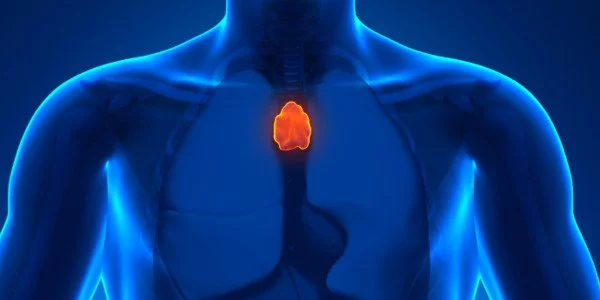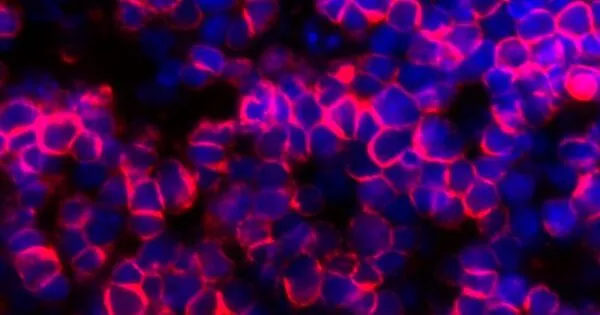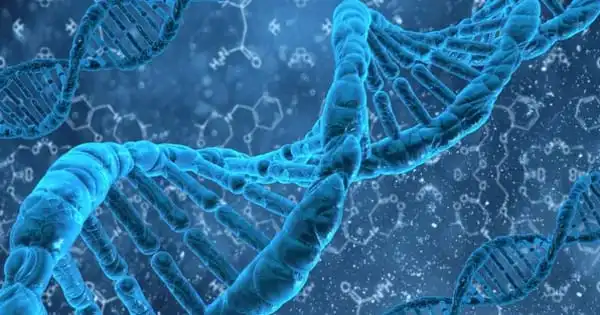Thymus organoids are three-dimensional structures that are derived from stem cells and can be used to generate patient-specific cells. The thymus is an organ in the body that plays a crucial role in the development of the immune system, specifically in the maturation of T cells. By using thymus organoids, researchers can generate T cells that are specific to a particular patient, which can be used for personalized therapies or to study disease.
Researchers used pluripotent stem cells to create thymus organoids that aid in the development of patient-specific T-cells, according to a study published March 23rd in the journal Stem Cell Reports. The proof-of-concept work lays the groundwork for future research into human thymus function, T-cell development, and transplant immunity.
“We have established the framework for future basic science and translational research into human thymus development and function in vitro and in a patient-specific manner,” says University of Florida senior author Holger Russ. “We anticipate that our work will make significant conceptual and technical advances in the field.”
We have established the framework for future basic science and translational research into human thymus development and function in vitro and in a patient-specific manner. We anticipate that our work will make significant conceptual and technical advances in the field.
Holger Russ
The thymus is required for the development of a functional immune system, facilitating the generation of self-tolerant T cells that can respond to foreign substances. But the aging process results in a decrease in thymus function and T cell output, leading to increased autoimmunity and disease risk.
To generate patient-specific cells from thymus organoids, researchers start by obtaining stem cells from the patient. These stem cells are then used to create thymus organoids in the lab. Once the organoids are mature, the researchers can stimulate them to produce T cells. Because the stem cells used to create the organoids are from the patient, the T cells that are generated are also specific to that patient.

Russ and his colleagues created functional, patient-specific stem cell-derived thymic organoids that supported the development of thymic epithelial cells and T cells derived from human pluripotent stem cells (hPSCs) in the new study. The organoids were made up of thymic epithelial progenitors, hematopoietic progenitors, and mesenchymal cells that had all been differentiated from the same hPSC line. According to Russ, the generation of functional hPSC-derived hymic epithelial cells in the lab has never been done before.
The generation of a functional human thymus from human pluripotent stem cells is an attractive regenerative strategy. “An experimental model system to interrogate the mechanisms of thymic insufficiency and function is necessary and could serve to further the development of cell-based treatments for thymic defects,” Russ says.
This technology has the potential to revolutionize personalized medicine by providing a source of patient-specific cells for use in therapies. It could also be used to study diseases in a more personalized way, allowing researchers to investigate the underlying mechanisms of disease and develop targeted treatments. However, further research is needed to fully realize the potential of thymus organoids for generating patient-specific cells.
















